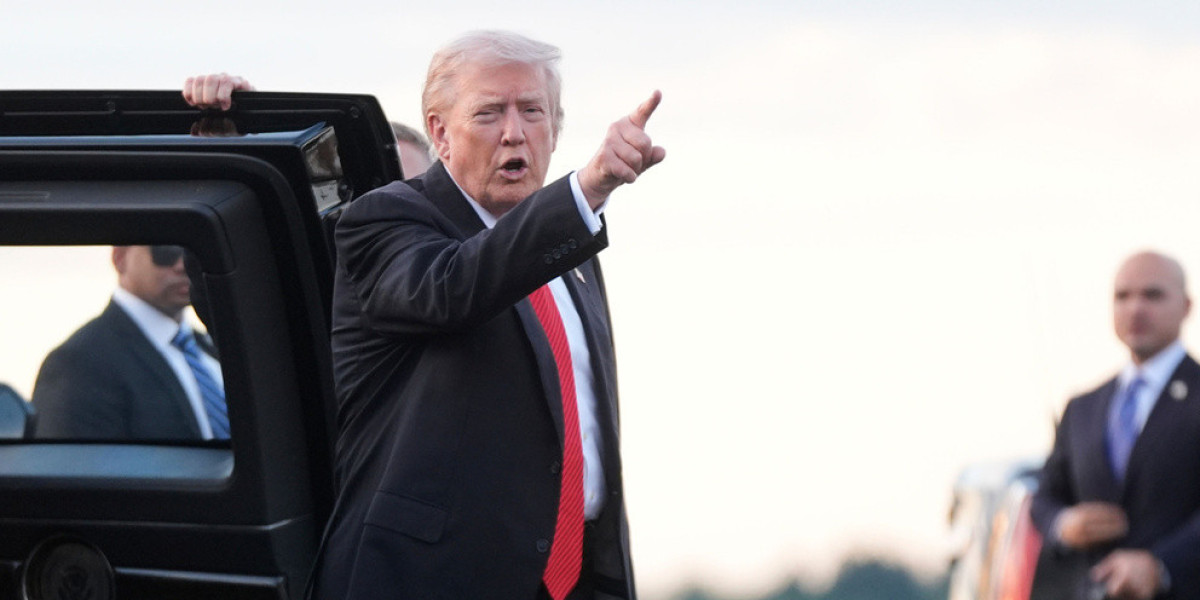After months of rising tensions and border skirmishes, Pakistan and Afghanistan have resumed peace talks in Ankara, Turkey, signaling a renewed effort to stabilize relations and reduce cross-border violence. Mediated by Turkish officials, the talks mark the first high-level dialogue between the two nations in several months, offering cautious optimism for peace in a region long plagued by mistrust.
Background: Tensions and Cross-Border Clashes
Relations between Pakistan and Afghanistan have been strained for years, primarily due to border security concerns, militant activity, and refugee issues. The situation worsened in recent months after a series of deadly clashes along the Durand Line, resulting in casualties on both sides.
Both Islamabad and Kabul accused each other of harboring militants responsible for attacks across the border. These tensions led to the closure of key trade routes, hurting local economies and increasing diplomatic friction.
The Ankara Initiative
The latest peace dialogue, held in Ankara, was facilitated by the Turkish Foreign Ministry, which has positioned itself as a neutral mediator between the two neighbors.
Officials from Pakistan’s Foreign Office and Afghanistan’s interim government attended the meeting, focusing on border management, counterterrorism cooperation, and the safe return of Afghan refugees.
Turkish officials described the talks as “constructive” and emphasized that both countries expressed willingness to continue engagement through diplomatic channels rather than military confrontation.
Pakistan’s Perspective
The Pakistani delegation, led by Foreign Secretary Muhammad Syrus Sajjad Qazi, reiterated Pakistan’s commitment to maintaining peace along the border and strengthening economic cooperation.
“Pakistan believes that dialogue, not conflict, is the key to sustainable peace,” Qazi stated. “We hope these talks will pave the way for trust-building and joint efforts against terrorism.”
Pakistan has long insisted that Afghan territory should not be used by militants to launch attacks on its soil — a key point in every round of negotiations since 2021.
Afghanistan’s Position
Representatives of the Afghan interim government (Taliban administration) emphasized the need for mutual respect and understanding.
They urged Pakistan to ease border restrictions and reopen trade routes, which are critical for Afghanistan’s struggling economy.
An Afghan official told reporters,
“We seek peaceful coexistence with our neighbors. Stability in the region is in everyone’s interest, and we believe continued talks will help remove misunderstandings.”
Kabul also pressed for greater economic cooperation and joint security mechanisms to manage cross-border movements effectively.
Turkey’s Role as Mediator
Turkey has emerged as a key diplomatic bridge in regional conflicts, maintaining close relations with both Islamabad and Kabul.
Turkish Foreign Minister Hakan Fidan expressed optimism about the talks, calling them “a step toward regional stability.”
“Our goal is to see two brotherly Muslim nations working together for peace and prosperity,” Fidan said.
Diplomatic sources confirmed that Ankara is considering hosting follow-up meetings to ensure the dialogue remains ongoing and productive.
Regional and International Reactions
The resumption of talks has drawn positive responses from the international community, particularly from China, Qatar, and the United Nations, all of which have long supported a peaceful resolution to Pakistan–Afghanistan tensions.
Analysts believe that progress in these talks could reduce regional instability, especially as both nations play a critical role in the broader South and Central Asian security framework.
However, experts also warn that the process will be fragile without trust and concrete action on both sides.
Dr. Ayesha Siddiqua, a South Asia analyst, commented:
“Dialogue is a good start, but peace will only be possible if both governments address the root causes — militancy, border control, and economic cooperation.”
Challenges Ahead
Despite the diplomatic optimism, several challenges remain.
Border management continues to be a flashpoint, with both sides deploying additional security forces along the Durand Line. The issue of refugees — with more than a million Afghans still residing in Pakistan — also remains unresolved.
Additionally, Pakistan has raised concerns about the Tehrik-i-Taliban Pakistan (TTP) using Afghan territory as a safe haven.
Kabul, meanwhile, insists that Pakistan’s military operations sometimes violate Afghan airspace, adding to the tension.
Both sides have agreed to form joint committees to discuss these security and humanitarian issues in future rounds of dialogue.
Economic Prospects and Trade Revival
Another key point of discussion was trade and transit cooperation.
The Torkham and Chaman border crossings, vital for bilateral trade, were repeatedly closed in recent months due to clashes.
Officials discussed plans to reopen routes, streamline customs procedures, and boost cross-border trade to benefit both economies.
Experts note that economic engagement can serve as a powerful tool for peacebuilding, creating shared interests that discourage conflict.
A Step Toward Stability
While the outcome of the Ankara talks remains uncertain, both sides have described the dialogue as a positive breakthrough.
Diplomatic sources confirm that another round of talks is expected in Doha or Islamabad in the coming months.
Observers see the resumed negotiations as a critical opportunity for both nations to rebuild trust after years of hostility.
Final Thought
The resumption of Pakistan–Afghanistan peace talks in Turkey is a small but meaningful step toward restoring stability in the region.
Though decades of mistrust and recent border conflicts have deepened divides, both nations now seem aware that dialogue is their only path forward.
If sustained and supported by regional partners like Turkey and China, these talks could mark the beginning of a new chapter of cooperation — one where borders divide territory, not hearts.








